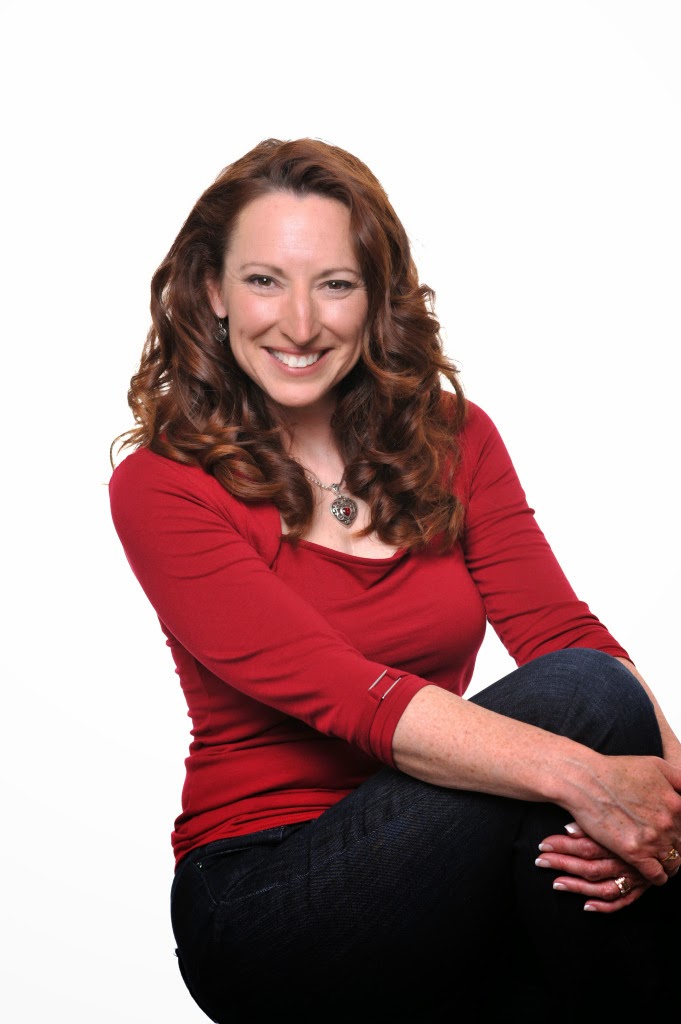I decided to read Portia De Rossi’s book Unbearable Lightness: A Story of Loss and Gain
 after seeing it on a list of books about self-acceptance. One of my 2015 goals for this blog is to promote self-acceptance.
after seeing it on a list of books about self-acceptance. One of my 2015 goals for this blog is to promote self-acceptance. What is Unbearable Lightness: A Story of Loss and Gain about?
Portia De Rossi is a model and actress who stared in the popular TV shows Ally McBeal and Arrested Development. In this book she shares her personal struggle with eating disorders. Beginning at age 12 she began practicing excessive dieting and bulimic behaviors to stay thin for her modeling career. After feeling shamed by her size 8 body during a photo shoot for L’Oréal she takes her diet and fitness obsessions to a new level and becomes anorexic. Weighing only 82 lbs. she collapses. Doctors inform her she has osteoporosis and her organs were shutting down, but it wasn’t until she realizes she "fell for it" while reading Naomi Wolf’s The Beauty Myth
 does she begin a turn-around:
does she begin a turn-around:I remember feeling ashamed for calling myself a feminist when I had blatantly succumbed to the oppression of the mass media telling me what was beautiful, how to look and what to weigh. I had always prided myself on the fact that I was smart, analytical, and someone who didn’t “fall for it.” By starving myself into society’s beauty ideal, I had compromised my success, my independence, and my quality of life. The stick-thin prepubescent girls never should have had power over me. I should’ve had my sights set on successful businesswomen and successful female artists, authors and politicians to emulate. Instead I stupidly and pointlessly just wanted to be considered pretty. I squandered my brain and my talent to squeeze into a size 2 dress while my male counterparts went to work on making money, making policy, making a difference. (Pg. 287)My Thoughts:
This is a book about De Rossi and the conversations she has with herself about food, body image and her lack of self-acceptance. She mentions only in passing Ellen DeGeneres and a few of her co-stars from Ally McBeal. I was struck by how lonely she was and how she feared she would lose her career if her true sexual orientation was discovered. Her detailed account of eating rituals and obsessive workouts are truly scary.
Another interesting point, even at 82 pounds De Rossi still saw herself as fat. It wasn’t until after her health scare that she realized dieting wasn’t going to change her body’s proportions:
I saw a round face, thin arms, a body rib cage, a thick waist, and big thick legs. It was the same body I had always seen, only smaller. The proportions were the same. (Pg. 272)Bottom Line:
If you know someone with an eating disorder and are interested in learning more about their rituals and how they think I recommend this book. I don’t recommend it for someone with an eating disorder. Professionals feel it is too much of a how-to guide for those prone to eating disorders and they may get additional ideas. It also glosses over the recovery process.
I do recommend it for a self-acceptance book club. It could lead to an interesting discussion.
As for me, I too fell for it. I’ve written before about how I spent most of my free time in my teens and early twenties shopping for the perfect outfit, styling my hair and experimenting with beauty regiments. My husband, on the other hand, at the same age was participating in sports, learning new things, working and traveling. I am also adding Naomi Wolf’s The Beauty Myth to my reading list since I’ve never read it in its entirety.
Have you fell for society’s definition of the beauty ideal? What books would you recommend for a self-acceptance book club?







 she immediately points out these are excuses.
she immediately points out these are excuses. 